What System Removes Metabolic Wastes From The Body
What system removes metabolic wastes from the body. Metabolic wastes are the by-products left from metabolic processes and have to be excreted out of the body. Excretion is the process of removing wastes and excess water from the body. The urinary system and respiratory system both participate in homeostasis by removing metabolic waste.
The excretory system removes metabolic wastes from the body. The urinary system removes metabolic wastes from the bloodstream. The kidneys filter blood and regulate water balance in the body.
1 Get Other questions on the subject. Metabolic wastes or excrements are substances left over from metabolic processes such as cellular respiration which cannot be used by the organism they are surplus or toxic and must therefore be excreted. This action is called filtration.
This includes nitrogen compounds water CO2 phosphates sulphates etc. What system removes metabolic wastes from the body. Removing metabolic wastes is called excretion.
What have we learned from fossil evidence about evolution. Learn about the definition of metabolic waste and understand hyperammonemia -- a. The cardiovascular system acts to deliver nutrients and to remove metabolic wastes from the tissues.
The kidneys remove metabolic waste products and foreign particles from the body as well as maintain the water volume and the concentration of various ions within the body. The system is organized so that if there is adequate arterial pressure tissue local control of resistance can match blood flow to tissue metabolic need see Chapter 8. The kidneys remove excess water urea and metabolic wastes from the blood.
The elimination of these compounds enables the chemical homeostasis of the organism. Urine formed within the kidneys passes through the ureters into the bladder where it is held until it is excreted from the body.
The body system also regulates the bodys water content.
Removing digestive wastes pooping is called egestion. 1 Get Other questions on the subject. Which body system removes nitrogen-containing wastes from the blood and disposes of them in the urine. The kidneys remove metabolic waste products and foreign particles from the body as well as maintain the water volume and the concentration of various ions within the body. Metabolic wastes or excrements are substances left over from metabolic processes such as cellular respiration which cannot be used by the organism they are surplus or toxic and must therefore be excreted. What system removes metabolic wastes from the body. Bthe process is observable. The major organs of excretion are the kidneys a pair of bean-shaped organs located below the liver. Urine formed within the kidneys passes through the ureters into the bladder where it is held until it is excreted from the body.
And also Helps maintain homeostasis by maintaining blood pH and water content of blood. The urinary system removes metabolic wastes from the bloodstream. Which body system removes nitrogen-containing wastes from the blood and disposes of them in the urine. The system is organized so that if there is adequate arterial pressure tissue local control of resistance can match blood flow to tissue metabolic need see Chapter 8. This system is in charge of filtering the blood and removing. The kidneys filter blood and regulate water balance in the body. The kidneys remove metabolic waste products and foreign particles from the body as well as maintain the water volume and the concentration of various ions within the body.
















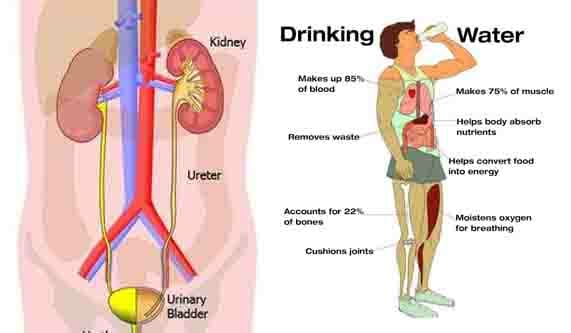







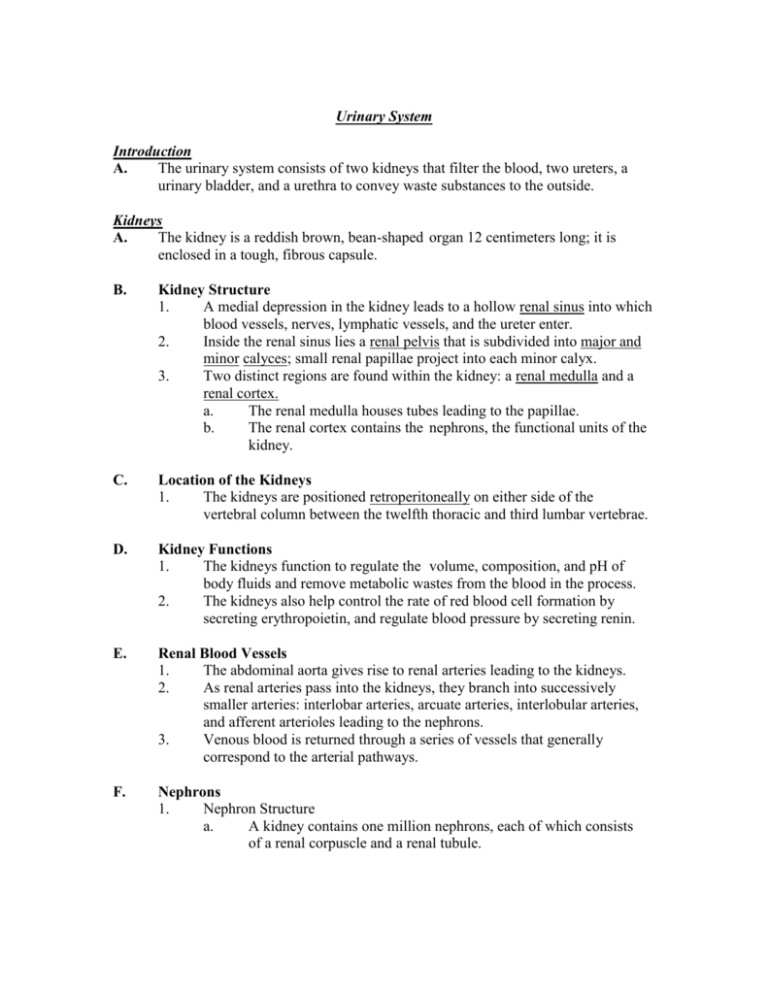
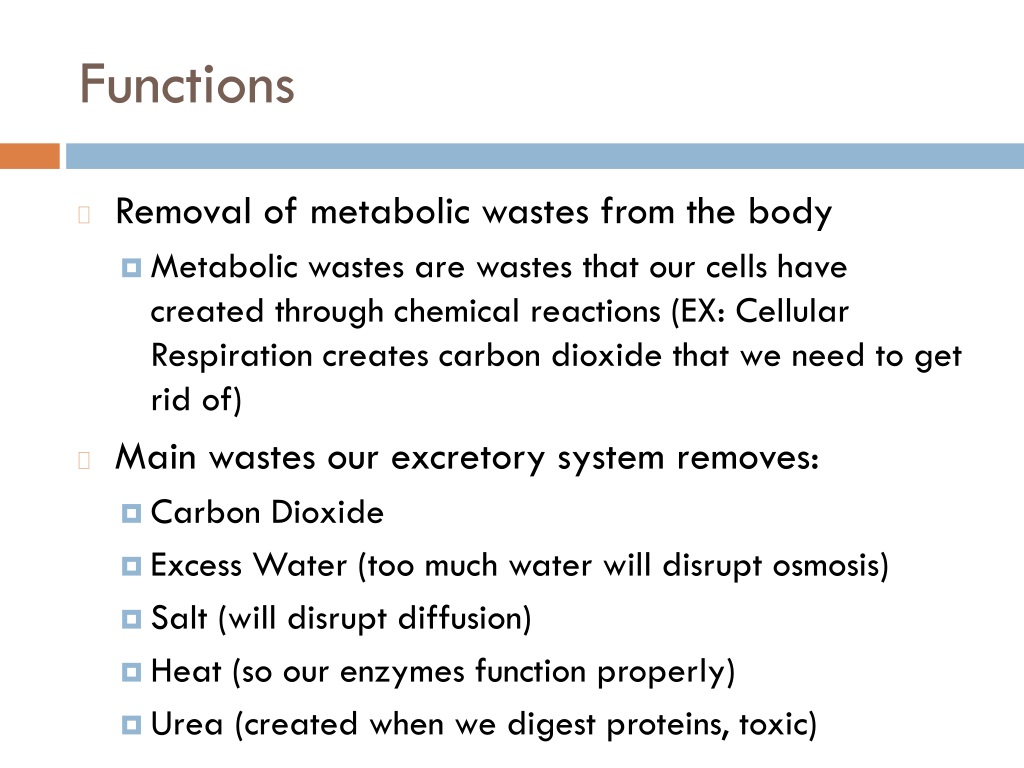
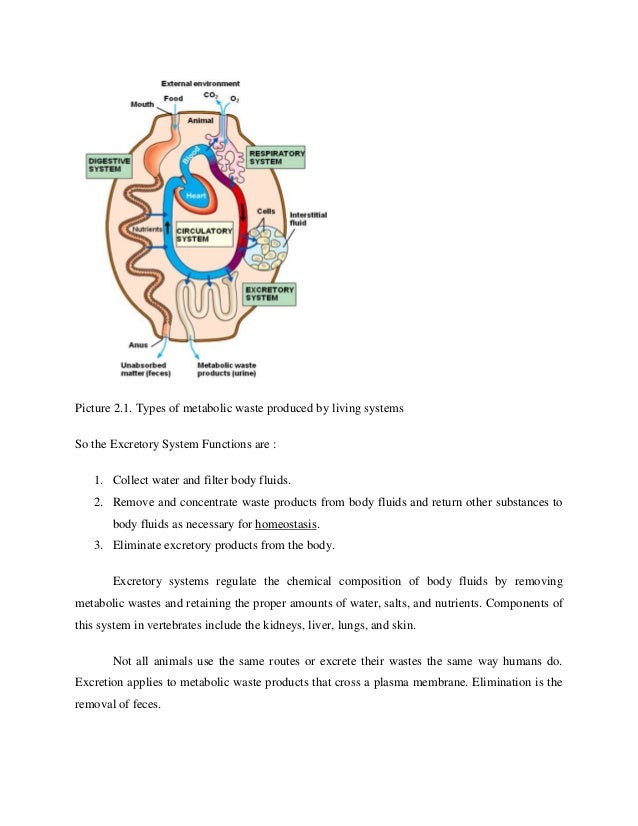


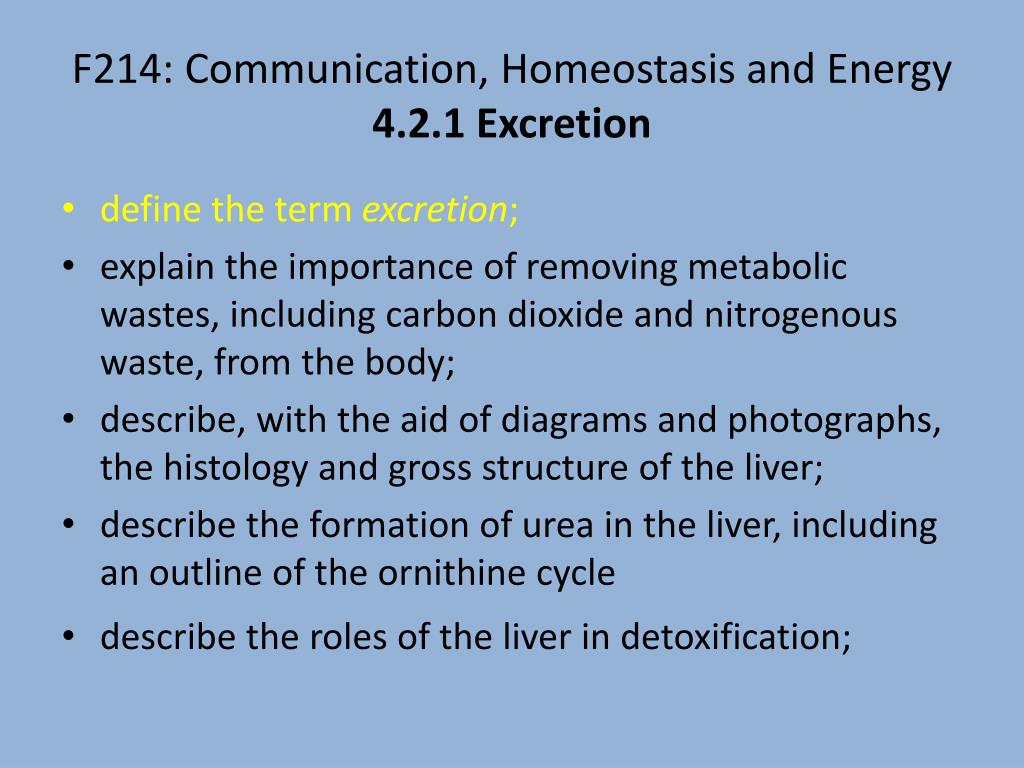

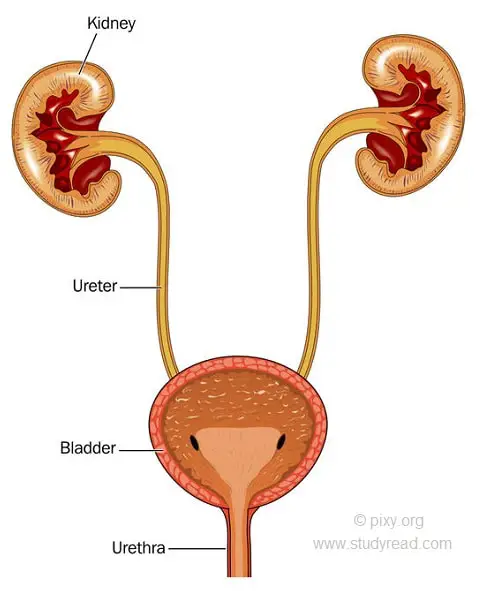



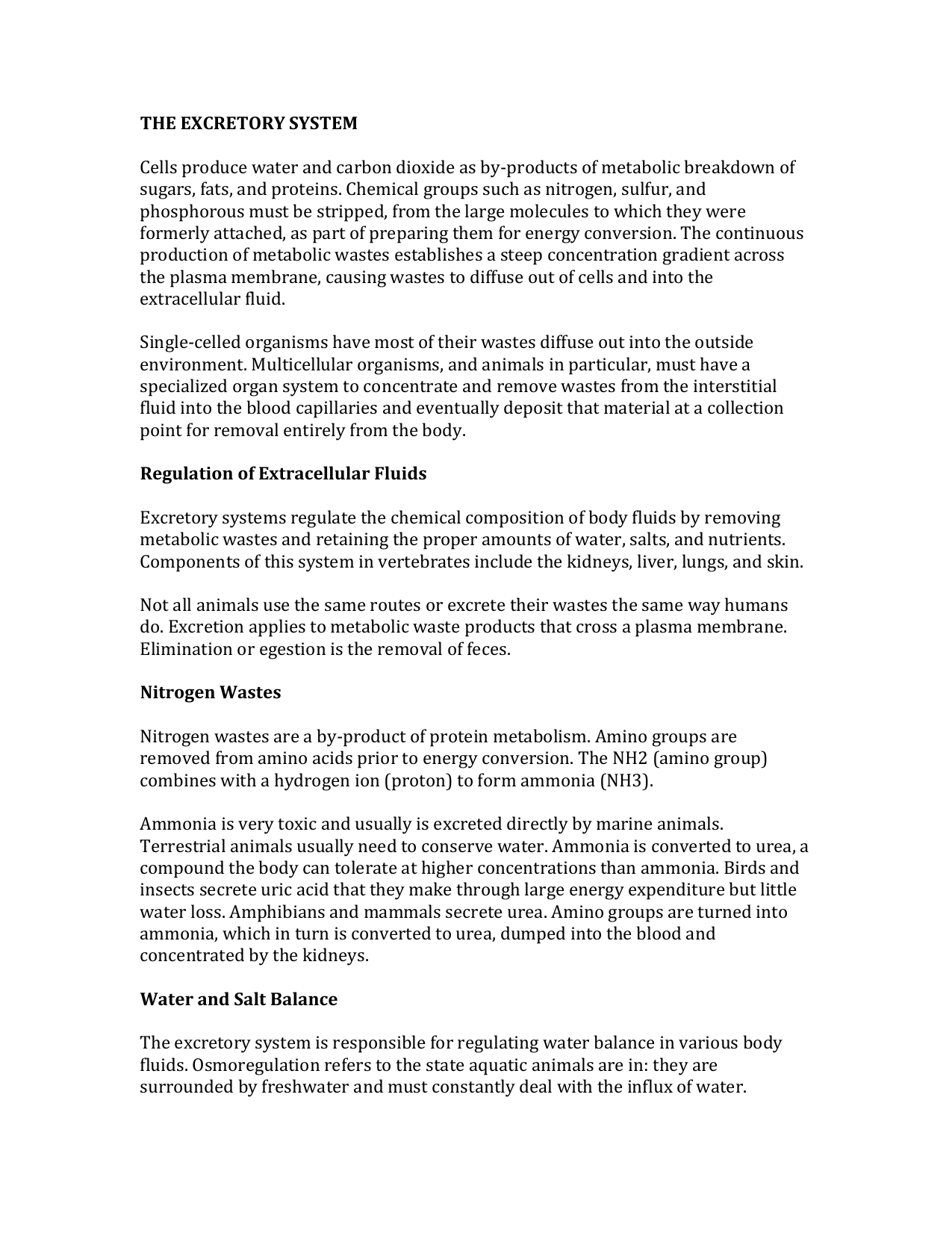






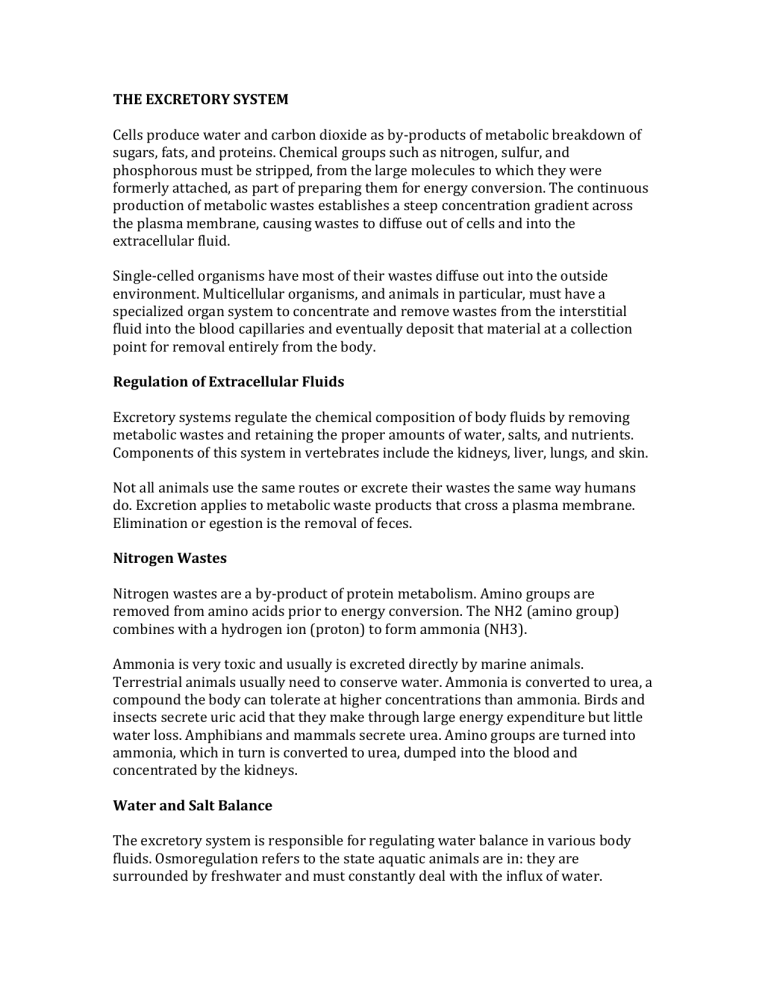

Post a Comment for "What System Removes Metabolic Wastes From The Body"